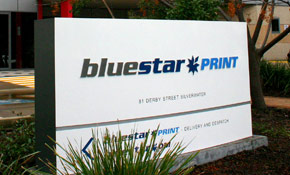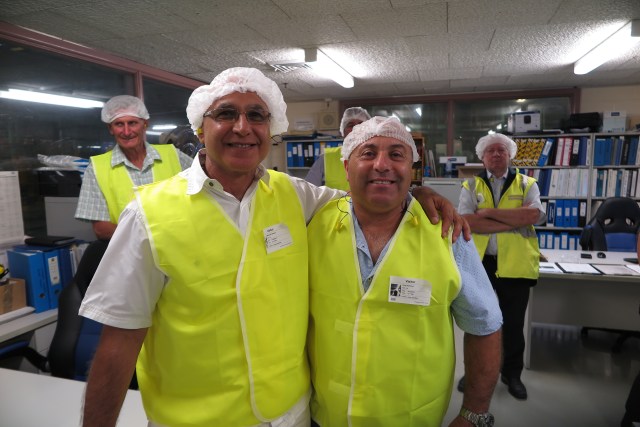
The print group has negotiated a NZ$25m ($19.9m) deal, comprising a NZ$10m ($7.96m) working capital facility from its senior lender and a NZ$15m ($11.93m) cash injection by private equity shareholder Champ Funds, which was first announced back in March.
Blue Star’s bondholders, who have NZ$105m invested in the company on the New Zealand Stock Exchange, will cast their vote on 10 August, when Blue Star needs 75% approval to get its plan across the line.
The proposed restructure essentially requests a number of concessions of bondholders, who would see more than a third of their stake concerted into ‘participating bonds’, which do not bear interest, while their NZ$67.5m of ‘amended capital bonds’ would will begin accruing interest in July 2013 at a rate of 9.1% per annum.
Conversely, the deal hands increased entitlements to Champ, whose debt will accrue interest at 18.5% per annum.
The stakes are high for bondholders, with auditor KPMG advising that they have a choice between keeping their “high risk investment” in the hopes of at least some return or turning down the proposal, exposing Blue Star to the chance of defaulting on its banking arrangements and facing formal insolvency.
According to the independent expert’s report included as part of the prospectus to bondholders: “In the event of a ‘No Vote’, the group may default on its current banking arrangements and become at risk of enforcement action by senior lenders… [but] there is a possibility that following a ‘No Vote’, the secured lenders might seek to avoid insolvency of the group by considering other alternatives.”
It added that the “likelihood of no return to Bondholders under a ‘No Vote would remain high”.
The directors were unequivocal in laying out the risks ahead. “In the view of the directors, approval of the Amendment Offer will mean there is a relatively low likelihood of the issuer [Blue Star] becoming insolvent… If the Amendment Offer is not approved, there is a high probability that the issuer would become insolvent.”
Blue Star management will hit the streets to sell the deal to stakeholders over the next few weeks, leading up the 10 August meeting.
Group chief executive Chris Mitchell said the renegotiated package offered the best odds for a series of initiatives to bear fruit and turn the company around.
“Over the past two to three years, we have invested in our Agile IT system, our Auckland magazine factory and our inkjet technology. All of those will take time to hit the bottom line.
“After all that hard work, we are expecting a 26.5% profit improvement, but even after that at the end of next year, we will only be a little ahead of where we were before the GFC.”
Mitchell is now focused on getting the bondholders’ tick on the plan and said Blue Star’s backers had confidence in the company and its strategy.
“If there is a ‘No Vote’, it really does fall to the banks to how to best move forward [but] most of these senior lenders have been with the company for a very long time so they understand the company, they understand the strategy and they understand the management and they do support the plan.”
Comment below to have your say on this story.
If you have a news story or tip-off, get in touch at editorial@sprinter.com.au.
Sign up to the Sprinter newsletter

